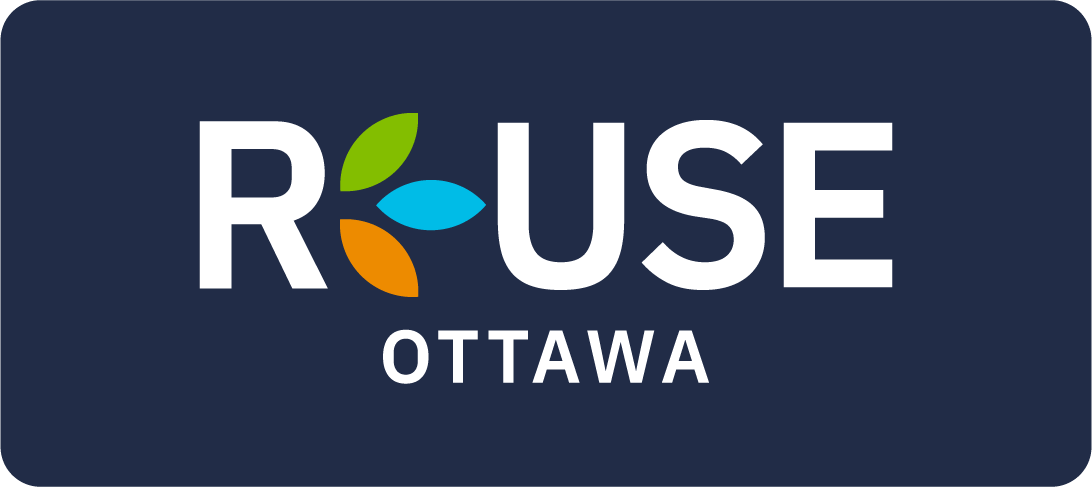
Circular Innovation Council (CIC) has been selected as a key partner in a groundbreaking research initiative with Dalhousie University based on CIC’s data-driven Commercial Food Waste Diversion Pilots. This research aims to address critical data gaps regarding greenhouse gas (GHG) emissions throughout Canada’s food system, from farm-to-fork. Supported by funding from the Natural Sciences and Engineering Research Council of Canada (NSERC), the research aims to quantify national GHG emissions arising from unnecessary food loss and waste (FLW) across various sectors of the Canadian food system, while also evaluating existing policy frameworks related to FLW.
Circular Innovation Council will be providing data to the research collaborative on food waste and organic waste management practices in Canada’s industrial, commercial, and institutional (IC&I) sector. CIC’s Commercial Food Waste Diversion Pilot has been running successfully for two years in the Guelph-Wellington region of Ontario, making them an ideal partner in this project. The pilot project is a data-driven innovative solution to organic waste diversion and surplus edible food donation for businesses and institutions. By consolidating collection services amongst neighbouring businesses and institutions of various sizes, the program diverts food waste from landfill, reduces cost of organic waste collection and greenhouse gas emissions, while recovering valuable food scrap nutrients processed into high-quality compost for improving local soil health.
In just two years, this initiative has diverted over 380 tonnes of organic waste from 60 businesses to create high-quality compost, and recovered $215,000-worth of edible surplus food, redistributing it to thirteen local charities to improve community food security. CIC brings a unique experience and expertise in operating food waste diversion programs in the IC&I sector, which is one of the largest sources of food waste across Canada. The data-driven approach to the pilot, with support from TELUS, records real-time volumes of organic waste for pilot participants across nine IC&I sub-sectors. This will help build out a dataset of average food waste per IC&I organization type and size, alongside learnings regarding businesses and institutional organic waste management practices.
This project is part of a larger collaborative research program through the Innovative Waste Management Research Laboratory at Dalhousie University, as well as partners at McGill University and the University of Guelph. Dalhousie University’s research aims to create an inventory of municipal organic waste management practices in different regions across Canada, and use the data to evaluate opportunities for reducing food wastes, improving our understanding on the GHG impacts related to FLW, alternative energy production, and carbon sequestration from municipal organic waste by building healthy soils. The research will be used to develop and assess strategies that will accelerate Canada’s progress towards achieving net-zero emissions by 2050.
By providing consistent and comprehensive data about GHGs linked to Canada’s food system, this research will be used to empower governments to make informed policy decisions regarding FLW prevention and reduction. It will also facilitate the development of necessary policy and infrastructure needed for different sectors across Canada’s food system to support progress towards net-zero emissions.
CIC is proud to be a part of this collaborative endeavor and work alongside Dalhousie University and with partners such as Agriculture and Agri-Food Canada (AAFC), Environment and Climate Change Canada (ECCC), Guelph-Wellington and Montreal municipalities, and Compost Council of Canada to unify critical data about FLW and organic waste management practices across Canada’s food system.
“Circular Innovation Council has taken a data-driven approach in this pilot to address the shortage of publicly available and reliable data on the amount of organic materials and salvageable food produced and lost by the IC&I sector”, says Jo-Anne St. Godard, Executive Director of Circular Innovation Council. “This funding will enable us to fill critical data gaps for businesses, municipalities, organic processors, investors, and innovators as we expand our pilots in multiple locations across Canada. We are pleased to be able to work with Dr. Price and the broader NSERC partners as they detail greenhouse gas emissions across the food value chain, as well as identify supportive policies to reduce food loss and waste, in order to accelerate climate action, improve community food security, and advance circular food systems across Canada.”
“Collaborations are critically important toward meeting Canada’s national strategies on reducing food waste and net zero emission targets by 2050. Drawing from the knowledge of organizations, such as CIC, provides new avenues for gathering data and broadens the network of partnerships available. The research team is excited at the opportunity to be working alongside CIC and other organizations supporting this important initiative toward reducing Canada’s food waste.” – Dr. Gordon Price, Professor Innovative Waste Management Program, Dalhousie University
For media enquiries please contact:
Katie Motta
Project Manager, Commercial Food Waste Diversion Pilot
Circular Innovation Council
+1-416-657-2797 x6
[email protected]
Gordon Price, PhD, PAg
Professor, Department of Engineering
Innovative Waste Management Program
Dalhousie University, NS, Canada
[email protected]
Circular Innovation Council is a registered charity.
Charity Registration Number: 119112118 RR 0001